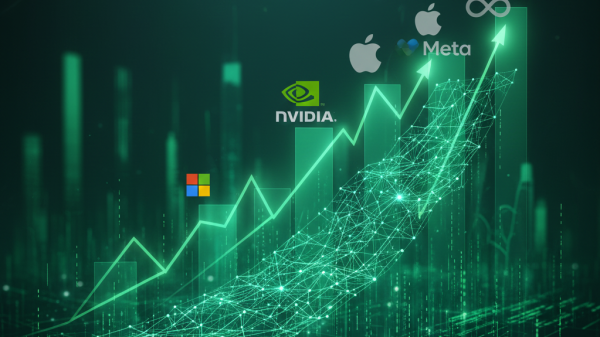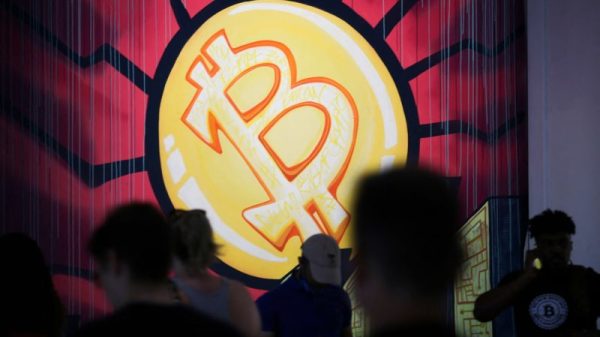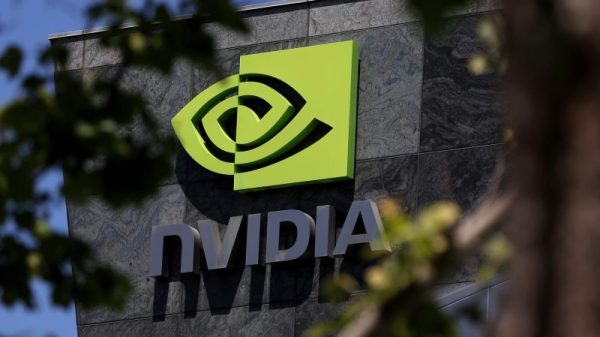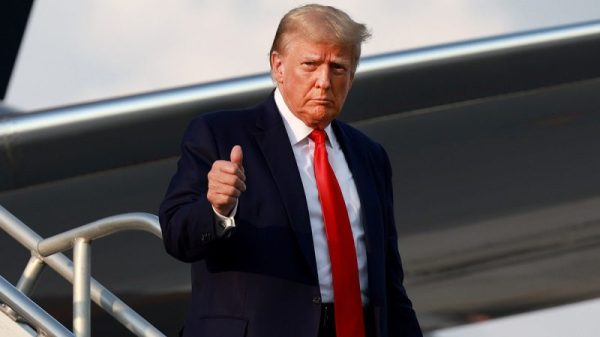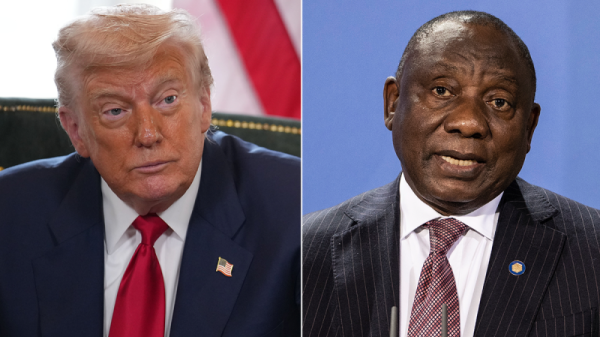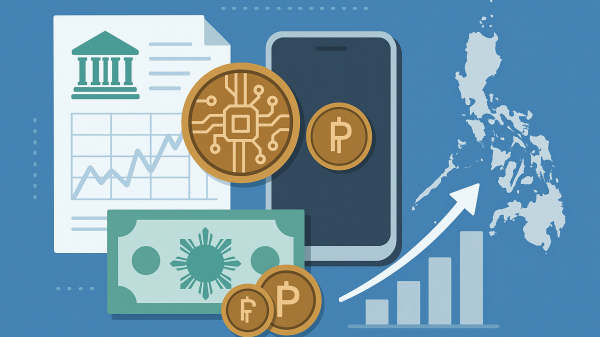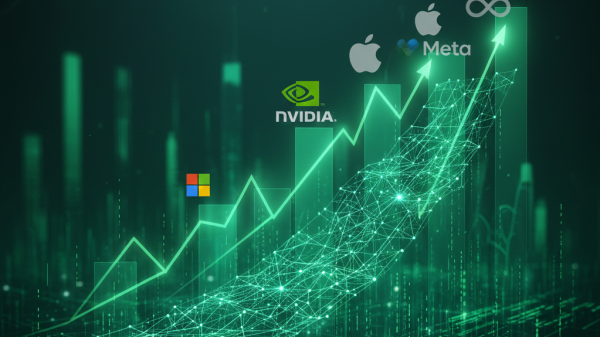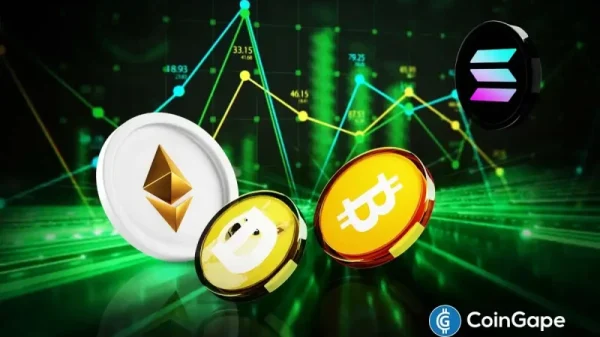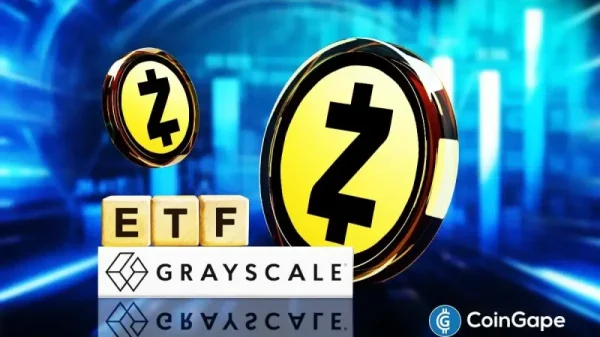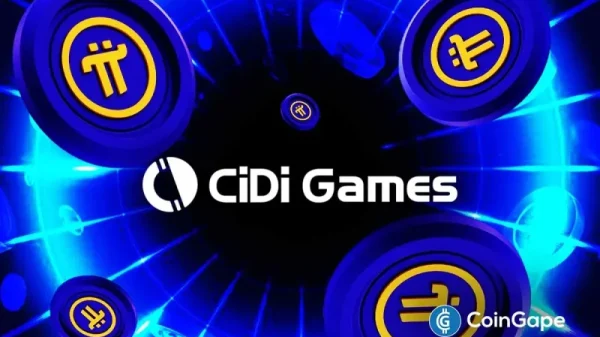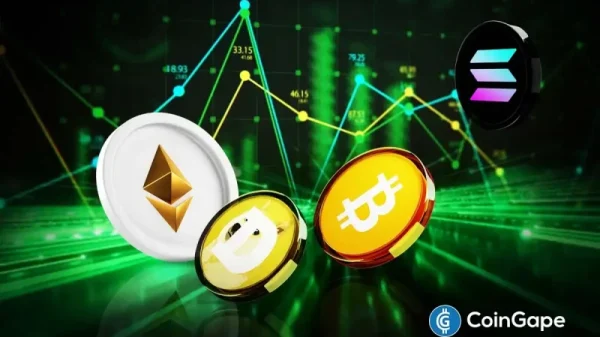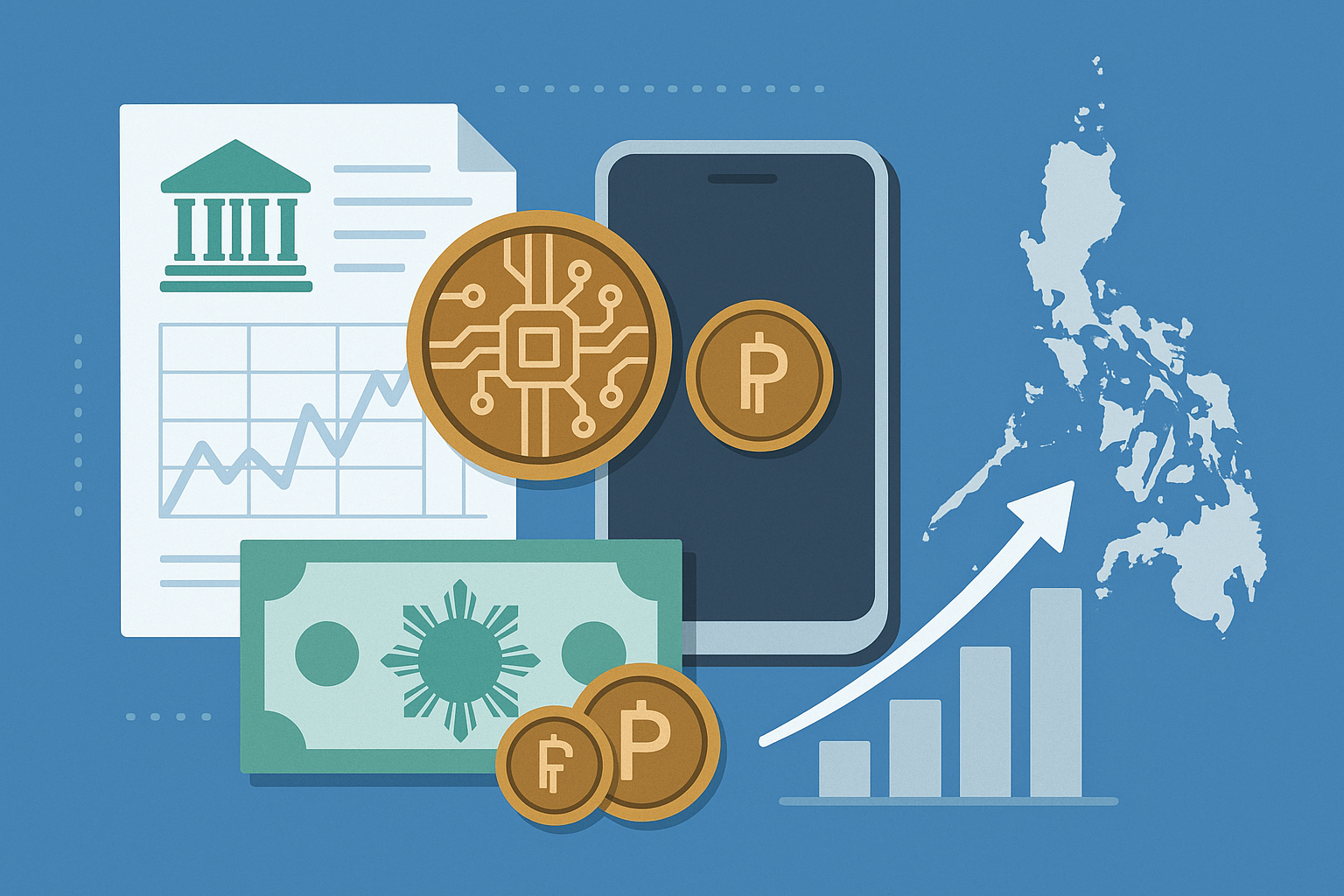Asset tokenisation is beginning to change how Filipinos engage with financial products, with new research showing how the country’s digital habits are accelerating this shift.
The white paper for Project Bayani: The Philippines’ Asset Tokenization Opportunity was published today by the Philippine Digital Asset Exchange (PDAX), Saison Capital, and Onigiri Capital.
It outlines how tokenised assets could significantly expand access to investment markets.
The findings point to a future where public equities, government bonds, and mutual funds reach millions of people through digital platforms already widely used across the country.
The report estimates the tokenised asset market could reach $60 billion by 2030, driven by public equities at $26 billion, government bonds at $24 billion, and mutual funds at $6 billion.
This projection is tied to an emerging financial ecosystem in which digital participation is outpacing traditional investment behaviour.
As recently as August, nearly half the population remained unbanked, yet mobile wallets and cryptocurrencies had become part of everyday transactions, creating a foundation for regulated assets in tokenised form.
Digital finance reshaping access
A central message in the white paper is that tokenisation reflects existing financial behaviour in the Philippines.
Crypto ownership stands at 14%, far higher than participation in stocks at 2.4%, bonds at less than 1%, and mutual funds with similarly low levels.
The presence of blockchain features in widely used mobile apps such as GCash, PDAX, Maya, and Coins.ph is highlighted as a major factor supporting this shift.
Millions already use these apps for digital payments and cryptocurrency holdings, enabling a natural transition into tokenised products.
Mobile wallets driving change
The report explains that widespread digital infrastructure is one of the strongest enablers of mass adoption.
People who already manage digital wallets are more likely to explore tokenised versions of regulated assets.
This is reinforced by the familiarity and ease of access found in mobile platforms.
The study points out that with mobile-first behaviour already dominant, tokenised investments fit into established patterns without requiring users to navigate unfamiliar financial systems.
Government bonds leading adoption
Tokenised government bonds have quickly become one of the clearest signs of this transformation.
PDAX and GCash enable participation from 500 pesos, or $8.50, lowering entry barriers for retail investors.
According to the white paper, almost half of all government bond account holders in the Philippines already own these products in tokenised form.
This shift indicates strong demand for formats that align with digital-first behaviour and shows how small-scale investors are gaining access to markets that traditionally required higher minimum investments.
The Bureau of the Treasury plays a central role in this expansion. Its partnership with PDAX and GCash is allowing government securities to reach investors nationwide through mobile distribution.
The research notes that this model has brought public financial instruments within reach of users who may not have engaged with traditional intermediaries.
By leveraging existing platforms, the collaboration demonstrates how tokenisation can broaden the base of retail investors across the country.
Capital markets opening wider
The white paper positions tokenisation as a structural evolution rather than a short-term trend.
With blockchain wallets widely used and digital payments fully integrated into daily life, the transition from holding cryptocurrencies to holding regulated assets in tokenised form follows a clear progression.
The report indicates that building on this existing ecosystem could support long-term capital market development and expand inclusion for millions of Filipinos.
Looking ahead, the paper emphasises the importance of connecting current digital rails with a broader range of regulated investment products.
With strong engagement in tokenised bonds and increasing awareness of digital assets, the Philippines has a clear pathway to modernising its capital markets.
Extending tokenisation to public equities and mutual funds could reinforce this momentum and further widen participation.
As mobile adoption continues to rise, tokenisation offers a way to match the country’s digital capabilities with regulated financial opportunities.
The findings show that this shift could strengthen the country’s investment landscape while making capital markets more accessible to a broader population.
The post How asset tokenisation is transforming investment access in the Philippines appeared first on Invezz





